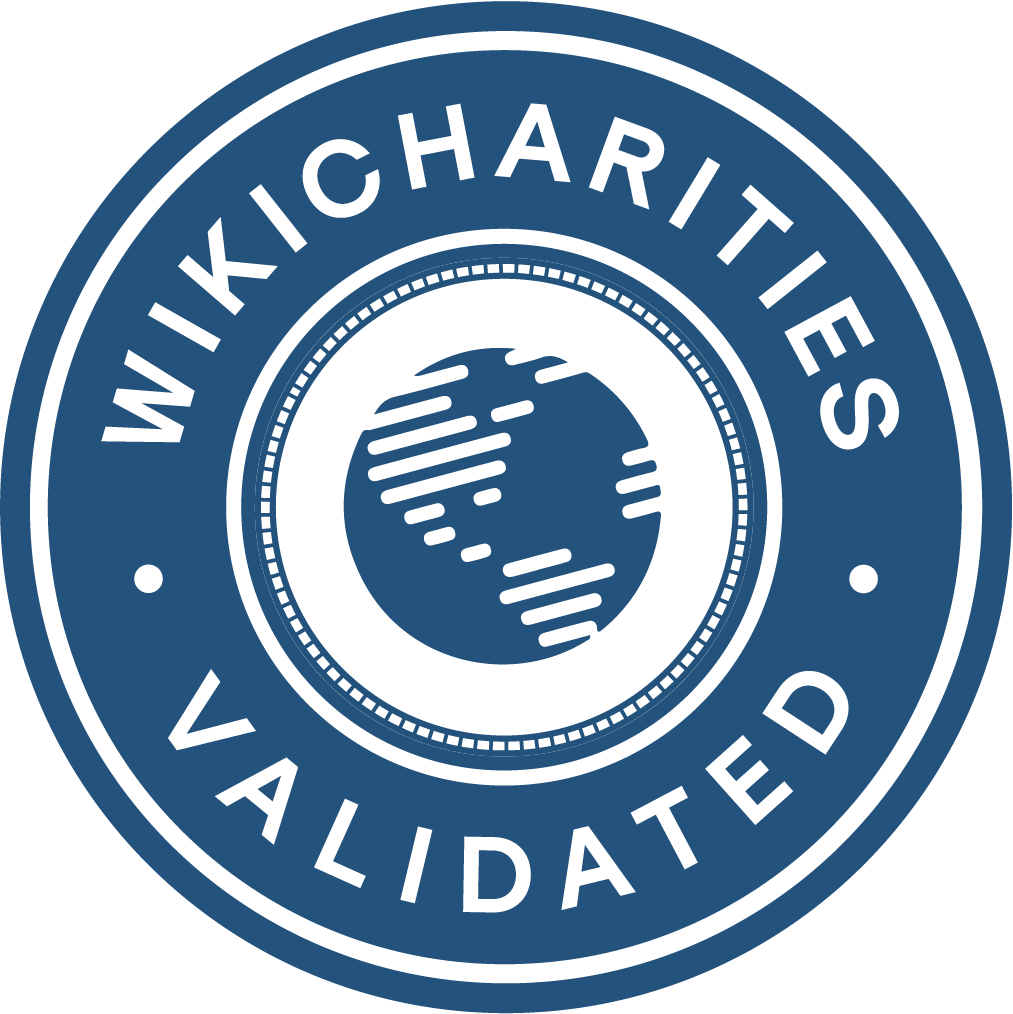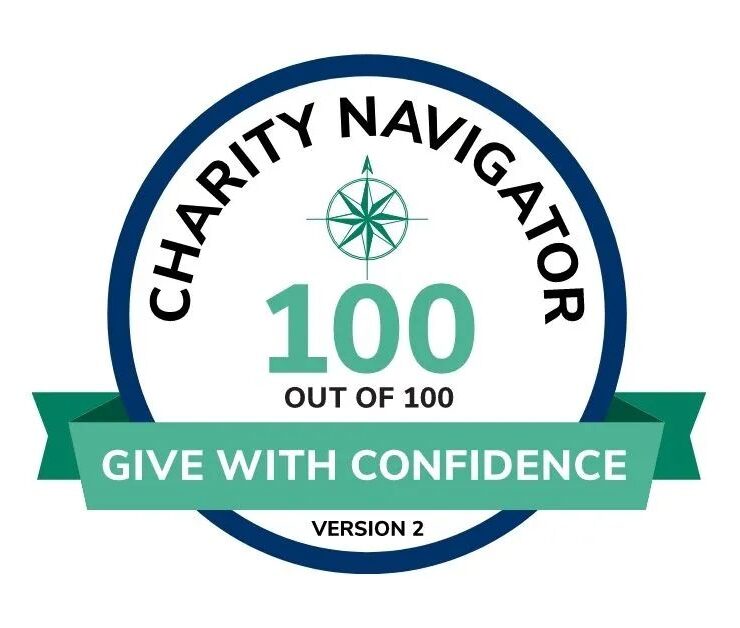Service Trip FAQ
Have a question about your upcoming trip? Check out these frequently asked questions to learn more about what to expect.
Do I need special documents to get into Mexico?
No, but you do need documents to get back into the United States. Acceptable documentation for land travel includes: a passport for those older than 18 or a certified birth certificate for those 18 or younger. If volunteers who are younger than 19 have a valid passport, that is the best form of citizenship. If minors are traveling without their parents, it is also required to have a letter from the parents giving limited power of attorney and guardianship of the minor for a specified period of time to an adult who will be traveling with the minor. The requirements to re-enter the United States are detailed on the US State Department’s website at http://www.getyouhome.gov/html/eng_map.html.
What might a typical day in Mexico look like?
Typical Work Day Schedule*:
6:30 a.m. — Wake-up call
7:00 a.m. — Breakfast
8:00 a.m. — Start project work!!!
12:30 p.m. — Clean up and store equipment as assigned
1:00 p.m. — Lunch
1:30-5:30 p.m. — Varies by day, but usually includes: playing with orphans, visiting with other volunteers, seeing the sights, taking orphans on excursions, shopping, etc.
6:00 p.m. — Dinner
8:30 p.m. — Evening gathering (includes announcements, song, thought, optional prayer)
10:30 p.m. — Lights out
*Subject to change depending on needs, time, weather, temperatures, and sunlight
Is there an age requirement for trips?
A Child’s Hope Foundation does NOT have a minimum age requirement for service trip volunteers. However, if your child is under 8, please consider that this is a service trip that does require manual labor.
Is there a discount for my child?
Trip fees are the same regardless of the age of the participant.
Is it safe to travel in Mexico?
The United States Department of State frequently posts warnings for traveling outside of the U.S. This includes warnings for travel in Mexico. Though we have never had any problems, we do require that volunteers stay in groups of three or more at all times to mitigate any risks of harm.
Are meals included?
The trip fee includes all meals (breakfast, lunch and dinner), starting with dinner on the first day of the trip. Breakfast is not included on the last day of the trip, since most volunteers get up early and eat on the drive back to the border. Exceptions may be made on reserved/private trips.
Is the water safe to drink in Mexico?
Water at the home is generally not filtered except in a few locations such as the kitchen, which you will be shown upon arrival. Bottled water is available at grocery and convenience stores everywhere, as well as most restaurants. If you have any questions about the source of water or ice served to you—ask or don’t drink it!
What are the sleeping accommodations?
All volunteers should plan on sleeping in a common room on bunk beds with firm mattresses. You will need to bring your own bedding—sleeping bag, sheets/blankets, and a pillow. You are welcome to bring an air mattress if you aren’t comfortable on a firm mattress.
Is there electricity for personal items, such as hair dryers, electronics, and other equipment?
Yes, though we cannot guarantee that it will be uninterrupted. The homes use the same voltage and outlet types as the United States.
Are there facilities for washing clothing?
No. There may be laundromats in town, but we recommend bringing enough clothes to wear for the week so you will not need to wash any clothes while on the trip.
I need to cancel my trip registration. What is the refund policy?
Trip deposits of $100 per person are nonrefundable. The remaining trip payment is refundable up until two weeks before the start date of the trip. At the two-week mark, all trip payments are non-refundable and non-transferable.
I need to cancel my trip registration. Can I transfer my payment to another trip?
Your full trip payment (including deposit) can be transferred to a new trip as long as the following three requirements are met:
- The start date of your trip is over two weeks away.
- The new trip is selected within 7 days of notifying our team about the change.
- The payment has not been transferred from another trip previously.
If the start date of the trip is within two weeks, we cannot allow any transfers or refunds.
Under what circumstances would A Child's Hope Foundation cancel a trip?
Volunteers and the children at the homes that we partner with are our top priority. We are invested in the safety of all stakeholders involved in our service trips and as such we monitor closely all potential risks that could cause a cancellation. The main reasons we would cancel a trip are:
- The scheduled trip doesn’t reach minimum number of volunteers by specified date.
- Civil unrest or other safety concerns in the destination country.
- Travel bans (national or international) put in place for various reasons.
There may be other circumstances that would merit a trip cancellation, which we would handle case by case. If any of the above mentioned situations, or any other reasons for cancellation arise we will contact you directly to handle refunds or transfers of trip payments.
When purchasing airfare to travel for the trips, we recommend purchasing refundable flights and/or flight insurance. If we do have to cancel for any reason we want you to be able to get your fights refunded.
I've filled out the medical release form before. Do I need to fill it out again?
The medical release form needs to be filled out once per calendar year. If you haven’t filled out the release form in the current year, please fill it out again. Please note that each home has its own information sheet. If you are traveling to a new home for the first time, please review the information sheet sent in your confirmation email and fill out the medical release form again.
Can I read more about the location I will be visiting?
Yes! When you register, you will receive a confirmation email that will contain a PDF with more information about the home. You can read the Improvement Roadmaps for each home.
What about transportation to/from the airport, San Diego, or Mexico?
If six or more people on a trip need transportation from San Diego down to the orphanage, around town for the various trip activities, and back to San Diego, a trip van will be provided. Please indicate your need for transportation on your registration. An extra fee of $125.00 per person is required to reserve a spot in the trip van. We also need all flight details such as airline/flight number and arrival and departure time. Please speak with the leader of the trip to discuss those options during your orientation conference call, or in the WhatsApp group for the trip. We do not hire someone separately to drive the van. The driver(s) will either be the trip host, and/or a volunteer on the trip. Driving a van as a volunteer waives the $125 rental van fee. Please let our team know if you are willing to drive a van for your trip, if one is requested.
Are there specific laws and customs that we need to be aware of as we interact with the local people and children?
Yes. Do not take pictures of people who object, and do not make promises you cannot keep. The people will expect you to fulfill any promises you make.
Do we have anyone who can educate us regarding the things we should know about the area and the people with whom we will be interacting?
Yes. Our online orientation answers many of the questions that volunteers have about our trips. The Volunteer Experience Coordinator and your trip host are also great resources for additional questions that arise. Some orientation meetings may be held in person. The leader of the orientation can also answer questions about the trip. It is mandatory to participate in an orientation meeting, whether online or in person, before attending a trip.
What language will be spoken in the home and surrounding community? Will we have someone who can translate for us?
At the home, there may be some individuals who will speak English, but you should learn to speak to the children in their native language as much as possible. You will generally find some people at restaurants, stores, beaches, church, etc., who can speak some English. Do not plan on having someone available to translate for you if you want to speak to the children or others. It is always a good practice when traveling in a foreign country to try to learn a few basic phrases in the native language.

